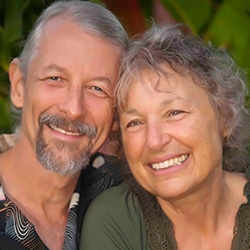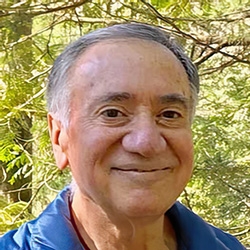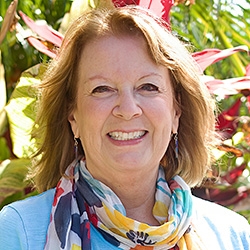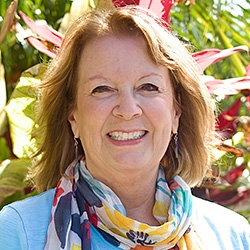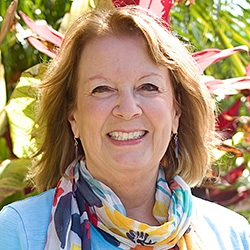

NVC Resources on Conflict
-
Learn the difference between true requests and demands, and why honesty matters with children.
-
Jim and Jori Manske explore the considerations of expressing ourselves honestly, considerations that lead to more fully conscious and nonviolent connections.
-
Ask the Trainer: For many years I have been using crime and punishment (reward and consequences) to discipline because it was the only thing I knew. I knew deep in my heart it was alienating me...
-
Live from the beauty of needs through deep self-compassion and spacious inner transformation.
-
Trainer tip: When we focus on needs further possibilities are more likely to open up. When we focus on a particular strategy, our world can feel scarce and conflicts can arise. Resolution comes when we value everyone’s needs and seek mutually satisfying solutions. We can ask for support towards this outcome.
-
Trainer tip: Feelings of hurt, anger, fear, and resentment can often sound alike. Fear and excitement have the same physiological effects on us, and are often expressed in the same body language. Clearly and specifically naming our emotions and the intensity level can help us resolve conflicts, with a much greater opportunity to get our needs met.
-
In NVC we define needs as resources that life requires to sustain itself. All human beings have the same needs. The strategy is what we do to meet that need. Strategies are specific; we all choose unique ways to meet our needs. The more we can see the difference between the two, the more likely we are to resolve conflicts with ease. Today, look for opportunities to notice the difference in the given situation.
-
Practice radical honesty and integrate NVC into daily life through demos, role-play and exercises.
-
Listen to this telecourse recording with CNVC Certified Trainer, Alan Rafael Seid, to explore what is meant by social change in the context of NVC, and learn how Nonviolent Communication can be a powerful ally for creating social change.
-
It seems to me that people see ideas which are different from theirs as threatening. Instead of listening, the group polarizes around the different ideas and a lot of judgments develop, conflicts develop and people feel hurt. Forward progress becomes a battle ground. How can I support more collaboration?

Quick Links
Subscription Preferences
Stay In Touch!
Looking for ways to keep up with NVC Academy news, get special offers, free resources, or words of inspiration? Here are five ways to stay engaged:


